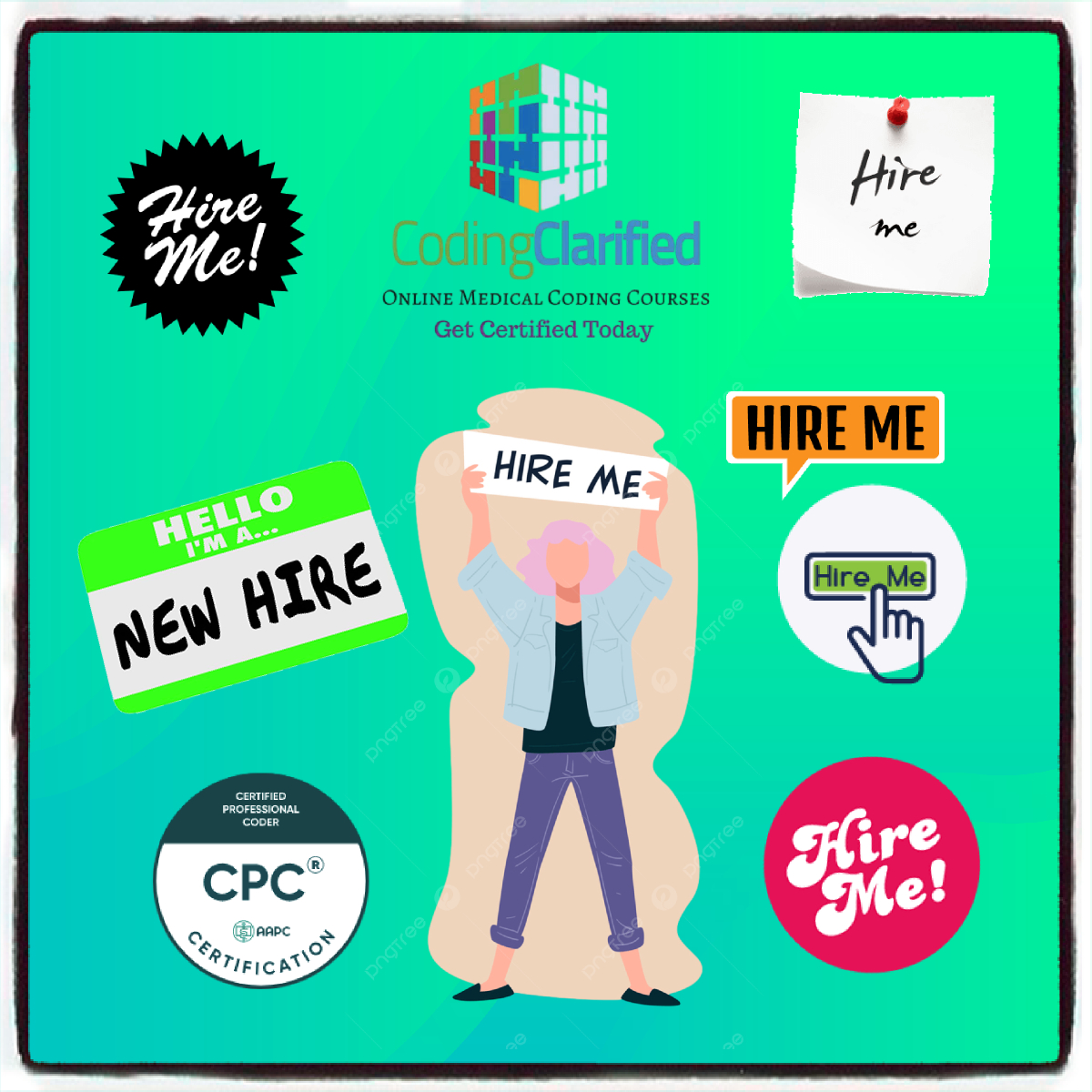Entering the field of medical coding is an exciting step towards a rewarding career in healthcare administration. As a Certified Professional Coder (CPC) with an apprentice designation (CPC-A), your skills in accurately translating medical procedures and diagnoses into standardized codes are in high demand. To help you navigate the interview process effectively and land your first job, here are some invaluable tips tailored specifically for CPC-A medical coders:
1. Showcase Your Knowledge and Skills
During your interview, demonstrate your understanding of medical coding principles and guidelines. Be prepared to discuss your training and coursework, emphasizing any hands-on experience or internships you’ve completed. Highlight specific coding systems you’re proficient in, such as ICD-10-CM, CPT, and HCPCS Level II.
2. Stay Updated with Industry Changes
Medical coding is a dynamic field with frequent updates and changes in coding regulations and practices. Stay informed about industry developments and recent changes in healthcare regulations. Show your interviewer that you are proactive about continuing education and staying current with coding updates.
3. Practice Case Studies and Scenarios
Many interviews for medical coding positions include practical exercises or case studies to assess your coding skills. Practice analyzing medical records, assigning appropriate codes, and explaining your rationale behind each coding decision. Familiarize yourself with common coding scenarios and be ready to discuss how you would handle complex cases.
4. Demonstrate Attention to Detail
Accuracy is paramount in medical coding. Highlight your attention to detail and your ability to maintain precision while coding. Discuss any strategies you use to ensure accuracy in your work, such as double-checking codes or referring to coding guidelines and documentation.
5. Communicate Effectively
Effective communication skills are essential for medical coders, especially when interacting with healthcare providers and insurance professionals. Be prepared to discuss how you would communicate coding issues or discrepancies and how you would handle challenging situations professionally.
6. Showcase Soft Skills
In addition to technical skills, employers value soft skills such as teamwork, time management, and problem-solving. Provide examples of how you’ve used these skills in previous roles or situations. Emphasize your ability to work independently while also being a collaborative team player.
7. Ask Thoughtful Questions
At the end of the interview, ask thoughtful questions about the organization, the team structure, opportunities for professional development, and the expectations for CPC-A coders. This shows your interest in the role and the company while allowing you to gather valuable information to determine if the position aligns with your career goals.
8. Confidence and Professionalism
Finally, approach the interview with confidence and professionalism. Dress appropriately, maintain good eye contact, and speak clearly and confidently about your qualifications and aspirations. Express enthusiasm for the opportunity to contribute to the healthcare team through your coding expertise.
Securing your first job as a CPC-A medical coder is a significant milestone in your career journey. By preparing thoroughly for interviews and showcasing your knowledge, skills, and enthusiasm for the field, you can demonstrate to potential employers that you are a valuable asset to their organization. Remember to stay current with industry trends, practice your coding skills, and approach each interview as an opportunity to shine and make a positive impression.
With these tips in mind, you are well-equipped to navigate the interview process successfully and embark on a fulfilling career in medical coding. Good luck!

